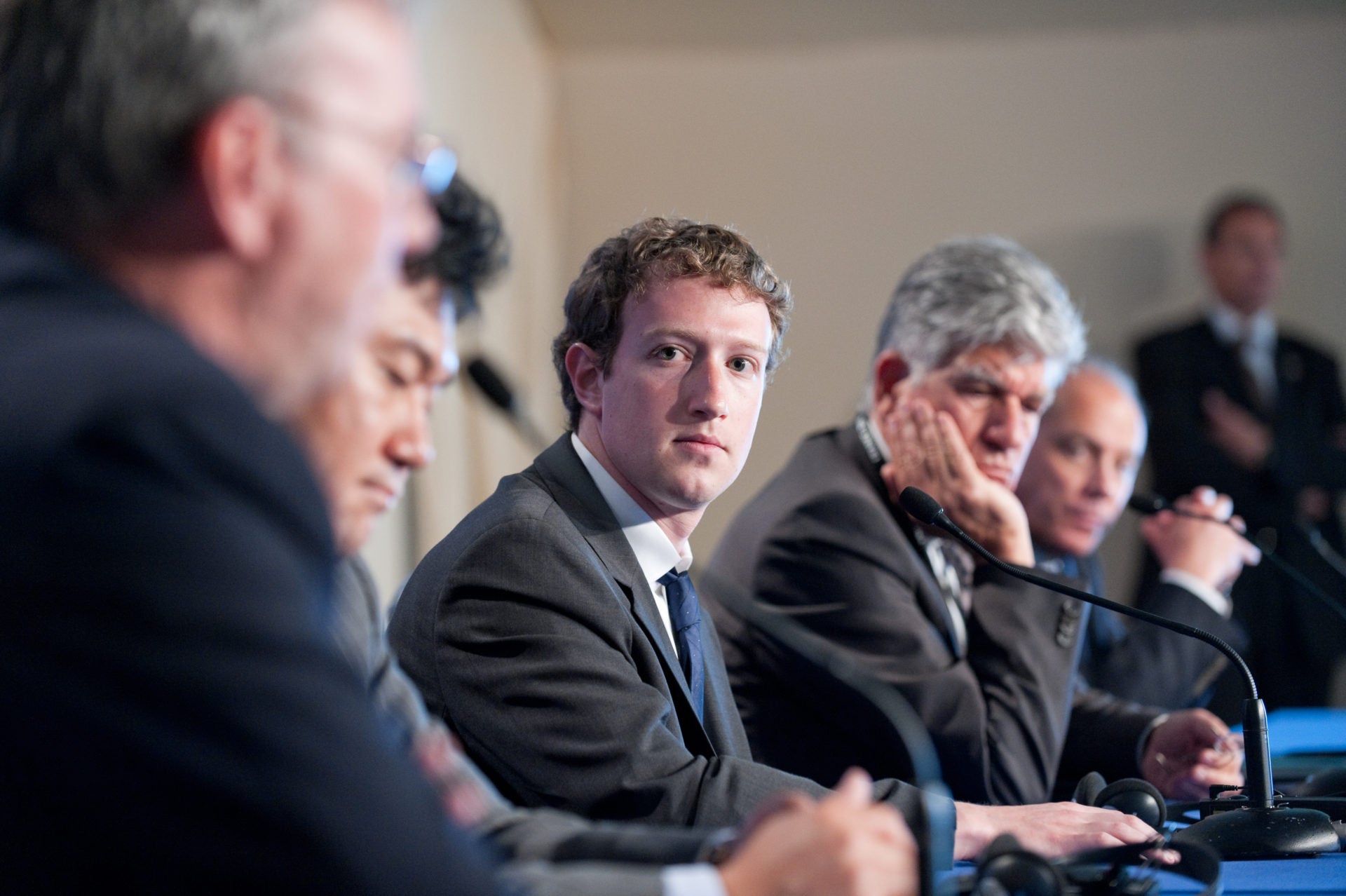
Facebook is ending 2018 with yet another crisis on its hands. This time, in an unprecedented move, members of UK parliament have released 250 pages of emails from company executives, suggesting that the social media giant once had plans to charge companies for access to user data.
According to internal documents published online by the UK Government’s Digital, Culture, Media and Sport Committee, some companies were given secret access to user data while others were not.
The documents, obtained by Six4Three, a company that is currently suing Facebook, include email exchanges appearing to show that certain third parties such as Netflix and Airbnb were “whitelisted” and given access to data on users’ friends, while others were not.
As well as adding to Facebook’s woes surrounding its privacy practices, the emails also raise concerns for anti-competitive practices, as the social media giant denied competitors equal access to data. It is not clear that there was any user consent for this.
Despite previously denying ever selling user data, the documents show that plans to allow companies access to more user data depending on their ad spending.
The internal communications, dating from 2012 to 2015, also includes emails discussing changes to its policies on the Android mobile phone system, which enabled the Facebook app to collect a record of calls and texts sent by the user. According to an introductory note by Damian Collins MP, Facebook tried to “make it as hard as possible” for users to know about this.
How well do you really know your competitors?
Access the most comprehensive Company Profiles on the market, powered by GlobalData. Save hours of research. Gain competitive edge.

Thank you!
Your download email will arrive shortly
Not ready to buy yet? Download a free sample
We are confident about the unique quality of our Company Profiles. However, we want you to make the most beneficial decision for your business, so we offer a free sample that you can download by submitting the below form
By GlobalDataThe leaked documents include emails from Mark Zuckerberg, in which the Facebook CEO discusses giving access to users’ friends’ data to developers.
The documents, collected as part of the digital, culture, media and sport committee’s investigation into fake news make it harder than ever for Facebook to argue that It is driven by a desire to keep people connected, with Collins commenting that “the idea of linking access to friends data to the financial value of the developers relationship with Facebook” is a key theme throughout.
They also give an insight into Zuckerberg’s stance, with an email exchange revealing that the risk, or lack thereof, of a data leak was being discussed back in 2012: “I’m generally sceptical that there is as much data leak strategic risk as you think… I think we leak info to developers but I just can’t think of any instances where that data has leaked from developer to developer and caused a real issue for us.”
Facebook emails reveal “lack of corporate responsibility”
Rasmus Holst, Chief Revenue Officer at end-to-end encrypted messaging platform Wire believes that the latest revelations highlight a distinct lack of corporate responsibility:
“Mark Zuckerberg once famously said that the biggest risk is not taking any risk, but compromising user privacy for profit is a risk no exec should be willing to take. These developments mark a heavy lack of corporate responsibility on the part of Facebook. Whilst they should have preserved the right to privacy at all costs, they have instead shown that all they are interested in is preserving their healthy cash flow by obstructing this right to privacy.
He believes that the leak reveals a willingness to sacrifice user privacy for the sake of profit and in turn deceive users:
“ Allowing adverts to creep into users’ messages not only undermines their privacy, but also jeopardises their sensitive information and data, meaning that every word someone communicates through the application is used as ammunition for the data harvesting machine used by adtech firms. But companies can become privacy-centric by adopting a culture of security, and by protecting their users’ data from the prying hands of any company intending to make money from it.”



